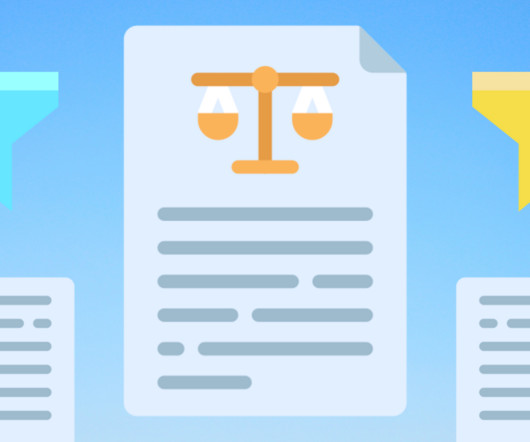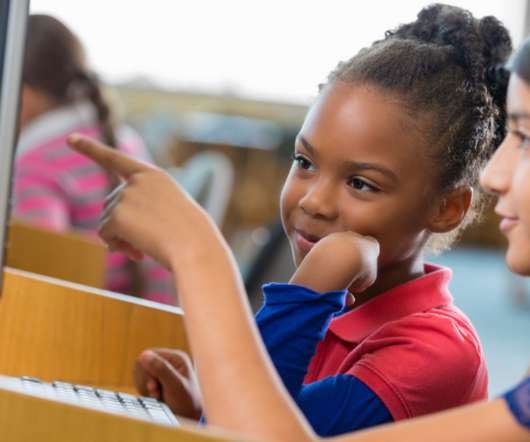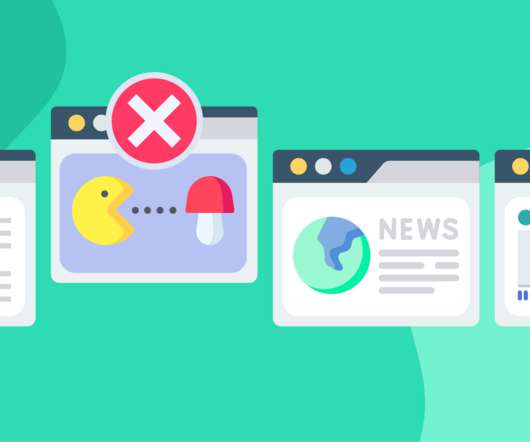Understanding the legal implications of using web filters in K-12 schools
Hapara
NOVEMBER 16, 2023
One covers personal information collection for marketing to children, while another protects student education records. The third is the Children’s Internet Protection Act or CIPA. CIPA requires schools or libraries eligible to receive discounts through the E-rate program to adopt and implement an internet safety policy.

















Let's personalize your content